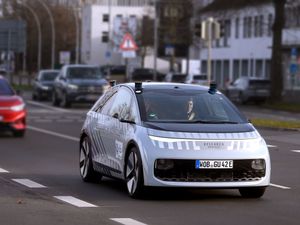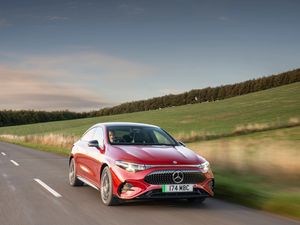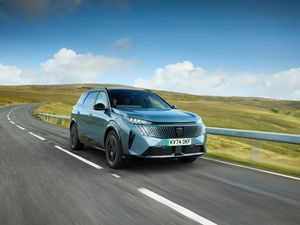Drink driving dangers
A recent survey showed that half the UK's estimated 32 million motorist admit consuming alcohol before getting behind the wheel. Why risk it?
A recent survey showed that half the UK's estimated 32 million motorist admit consuming alcohol before getting behind the wheel.
Drink driving in the summer is a particular problem, although many drivers still associate it with Christmas, which is when the high profile crack downs by the police tend to happen.
The IAM advice is simple: if you are going to drink, don't drive. And if you are going to drive, don't drink. Even if it is a nice, hot, sunny day.
Why do people still drink drive? The numbers may be smaller now than in years gone by, but all the indicators are that there is a hardcore who still deliberately ignore the dangers.
Part of the problem is that "just one" can quickly lead to another, especially if you are thirsty. And these days, wine glasses are getting bigger - so you may be getting more alcohol in your blood than you realise.
Even a modest amount of alcohol can impair your ability at the wheel. You may technically be within the limit (80 milligrams of alcohol per 100 millilitres of blood) but that is not the point.
Why risk it? Losing your licence - or worse still, causing a crash that could kill somebody - is totally avoidable with just a modicum of preparation.
Part of the summer problem with drink driving may be aggravated by dehydration. That's another good reason to stick to water if you are driving home.
Don't hesitate to nominate yourself as the "designated" driver - you will immediately be popular with your fellow pub-goers!
And don't think that if you have had a long sleep between drinking and getting behind the wheel again that you are automatically in the clear.
"Day after" driving could mean that you still have alcohol in your system - so be aware, if you have had a drink, that you need a good day or so between "bottle" and "throttle".
Driving tip provided by IAM (Institute of Advanced Motorists)
© IAM (Institute of Advanced Motorists) Visit www.iam.org.uk





